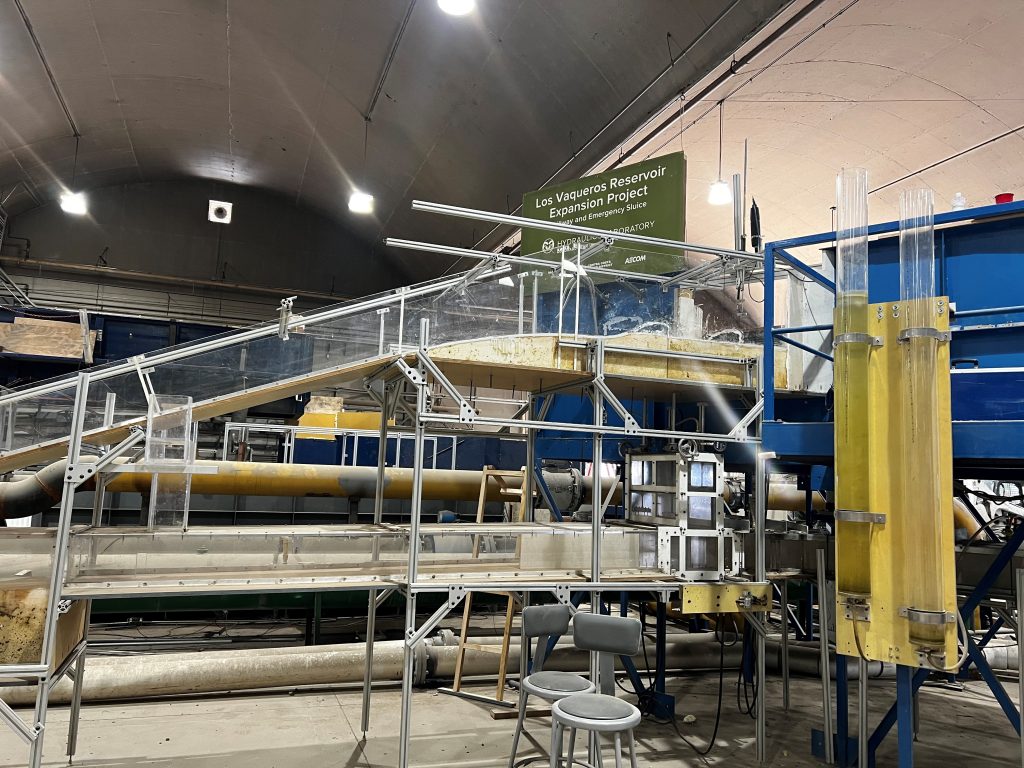Graduate Academic Subdiscipline
Hydraulic Engineering and Environmental Fluid Mechanics



The study of hydraulic engineering, stream restoration, and river mechanics includes topics related to fluvial systems, hydraulic systems and infrastructure, river engineering, fluid mechanics, environmental hydraulics, and restoration of aquatic systems. Graduate studies in Hydraulic Engineering typically encompasses issues such as:

Students select their courses in consultation with their advisor to match their specific needs and interests. No specific courses are required at the master’s or doctoral level, which allows each student maximum flexibility to tailor their education.
Master of Science
Doctor of Philosophy
Prospective students can learn more about our requirements, objectives, and program details.
Start your graduate application today!
Current students can schedule an appointment with the graduate advisor and access tools to help plan their academic journey.